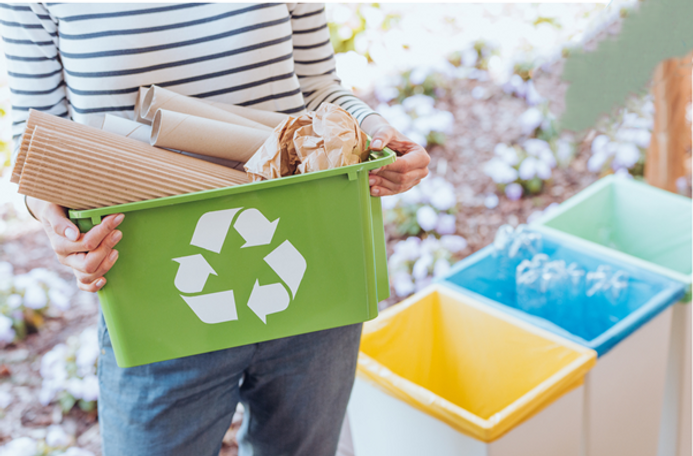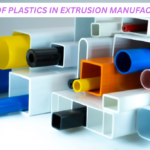A wave of lawsuits is targeting major plastic manufacturers, accusing them of making misleading claims about the recyclability of their products. Consumers and environmental advocacy groups argue that despite being labeled as recyclable, many plastic items end up in landfills or are incinerated due to the lack of proper recycling infrastructure and the inherent limitations of plastic recycling processes.
The lawsuits highlight that a significant portion of plastic waste, particularly items like single-use packaging and films, cannot be efficiently recycled due to contamination, low-grade materials, or economic non-viability. Critics claim that manufacturers perpetuate the myth of recyclability to shift responsibility for plastic waste management onto consumers, while continuing to produce vast quantities of plastic.
Central to the legal action are allegations of greenwashing, where companies use eco-friendly labels and marketing to present their products as sustainable. The lawsuits also question the effectiveness of the Resin Identification Code (RIC) system, which consumers often misconstrue as a recycling guarantee. For example, plastics marked with codes 3 (PVC), 6 (polystyrene), and 7 (other mixed plastics) are rarely recycled in practice, despite bearing the triangular recycling symbol.
Plaintiffs are seeking greater transparency from manufacturers, demanding clear and truthful labeling about the actual recyclability of products. They also call for increased corporate accountability in reducing plastic production and investing in sustainable alternatives.
These legal actions reflect growing public frustration with the environmental impact of plastics and the perceived failure of recycling systems. They serve as a wake-up call for both manufacturers and regulators to address the gap between recycling claims and reality, pushing for systemic change in the way plastic waste is managed and communicated. If successful, these lawsuits could redefine the expectations placed on the plastic industry and drive innovation in sustainable packaging solutions.

















